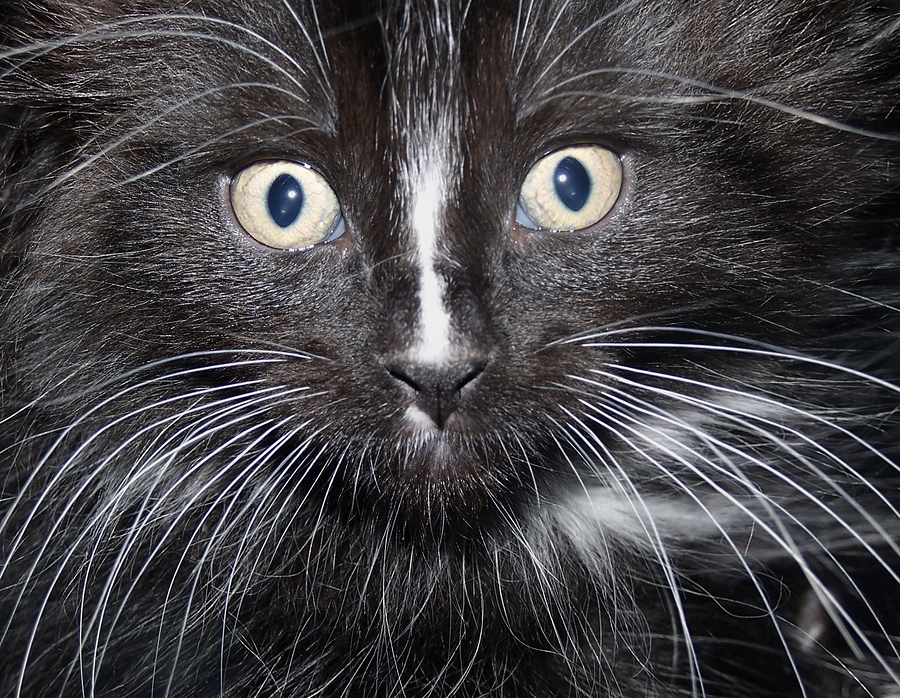As a veterinarian, I see plenty of cats who urinate outside the litterbox or have other signs of urinary tract disorders. Most of these cats have a medical, not behavioral, problem. Here’s what I had to say to one reader:
Q: My cat gets bladder infections all the time, and it’s driving us both crazy. Help!
A: Lower urinary tract infections are common in cats, and they can be difficult to diagnose and treat. Possible causes include inflammation, structural defects of the urinary tract and environmental stress.
A complete workup can help determine the best way to proceed. That includes a urinalysis and culture to check for the presence of bacteria, and X-rays to screen for bladder stones. If your cat is a senior with recurring bladder infections, a complete blood count (CBC) and serum chemistry profile can also be useful diagnostics.
When a cat has recurring cystitis not caused by an obstruction such as a bladder stone and not associated with bacterial infection, medications that may help are those that minimize inflammation and relieve pain, and relax or smooth out the muscle of the urinary tract to relieve frequent or painful urination. Nutraceuticals such as glycosaminoglycans or glucosamine and chondroitin may help as well.
It’s also important for your cat to get plenty of water. He may be intrigued by a fountain that provides running water. Feeding canned food is another excellent way to get extra water into your cat. Your veterinarian may recommend a specific diet to help reduce inflammation.
Make environmental changes to reduce stress. Try adding a tall cat tree or window perch for outdoor viewing, build a “catio” so he can get some outdoor time, provide him with puzzle toys that will challenge his mind, and keep his litter box super clean. Give him his food and playtime on a regular schedule so he has something to look forward to. And make sure he’s not having conflicts with other pets in the home. If this is a problem, antianxiety medications such as clomipramine may help.
Other strategies may be helpful for individual cats. It can’t hurt to try pheromone sprays or diffusers in the home to reduce anxiety, or complementary therapies such as acupuncture provided by a veterinarian with training in that field.
Read all this and more, including tips on turtles as pets, in this week’s Pet Connection!


